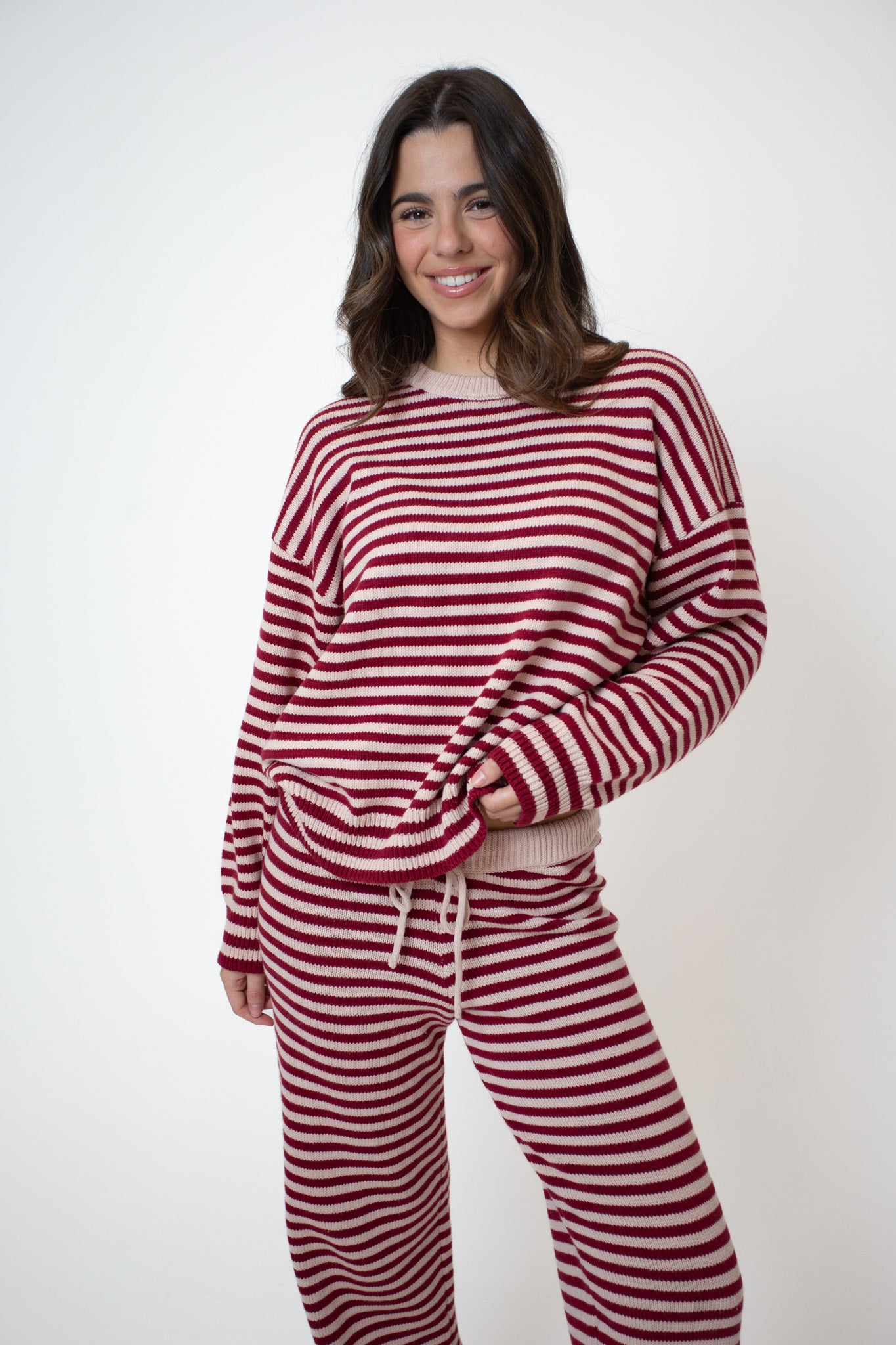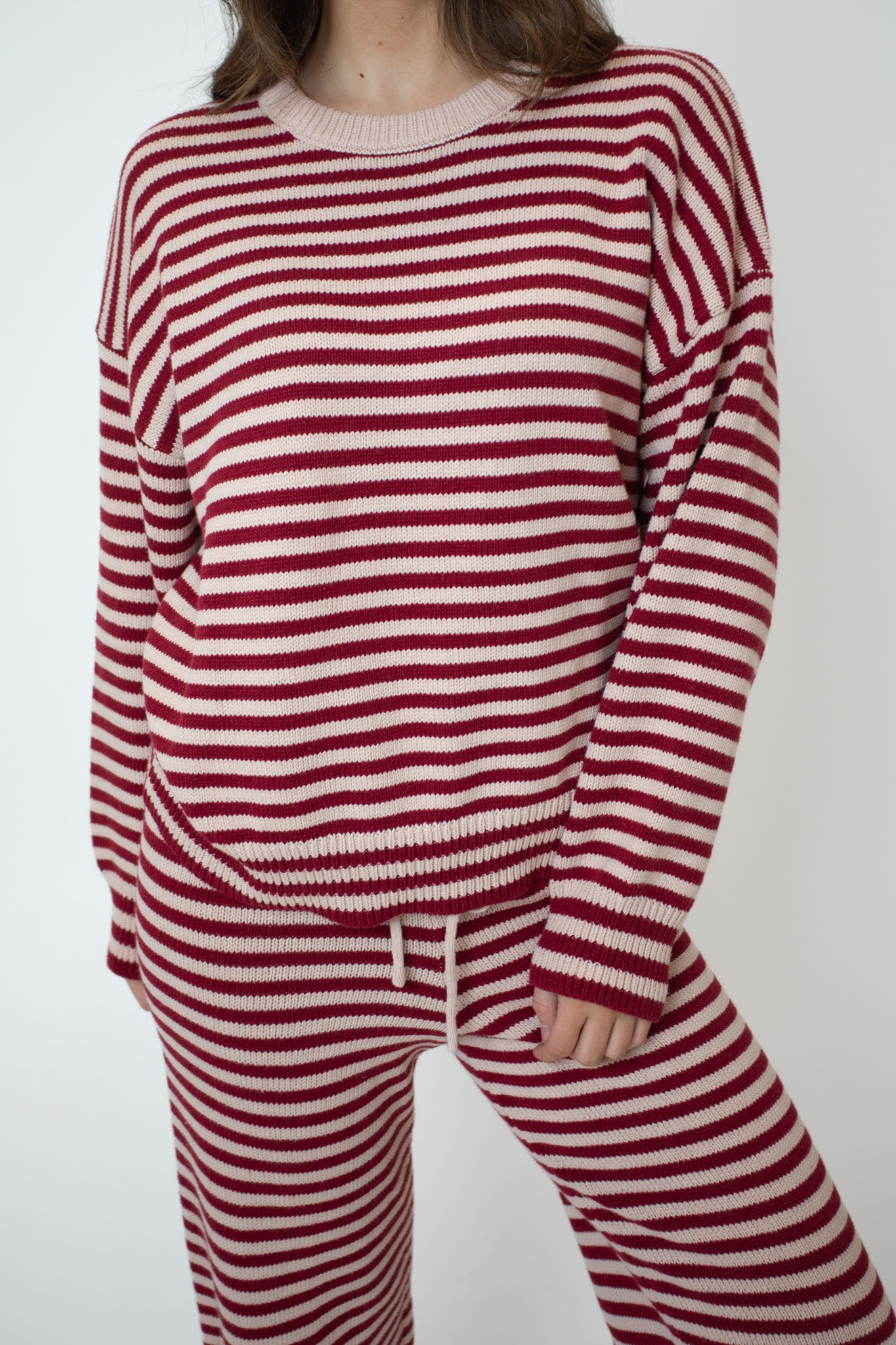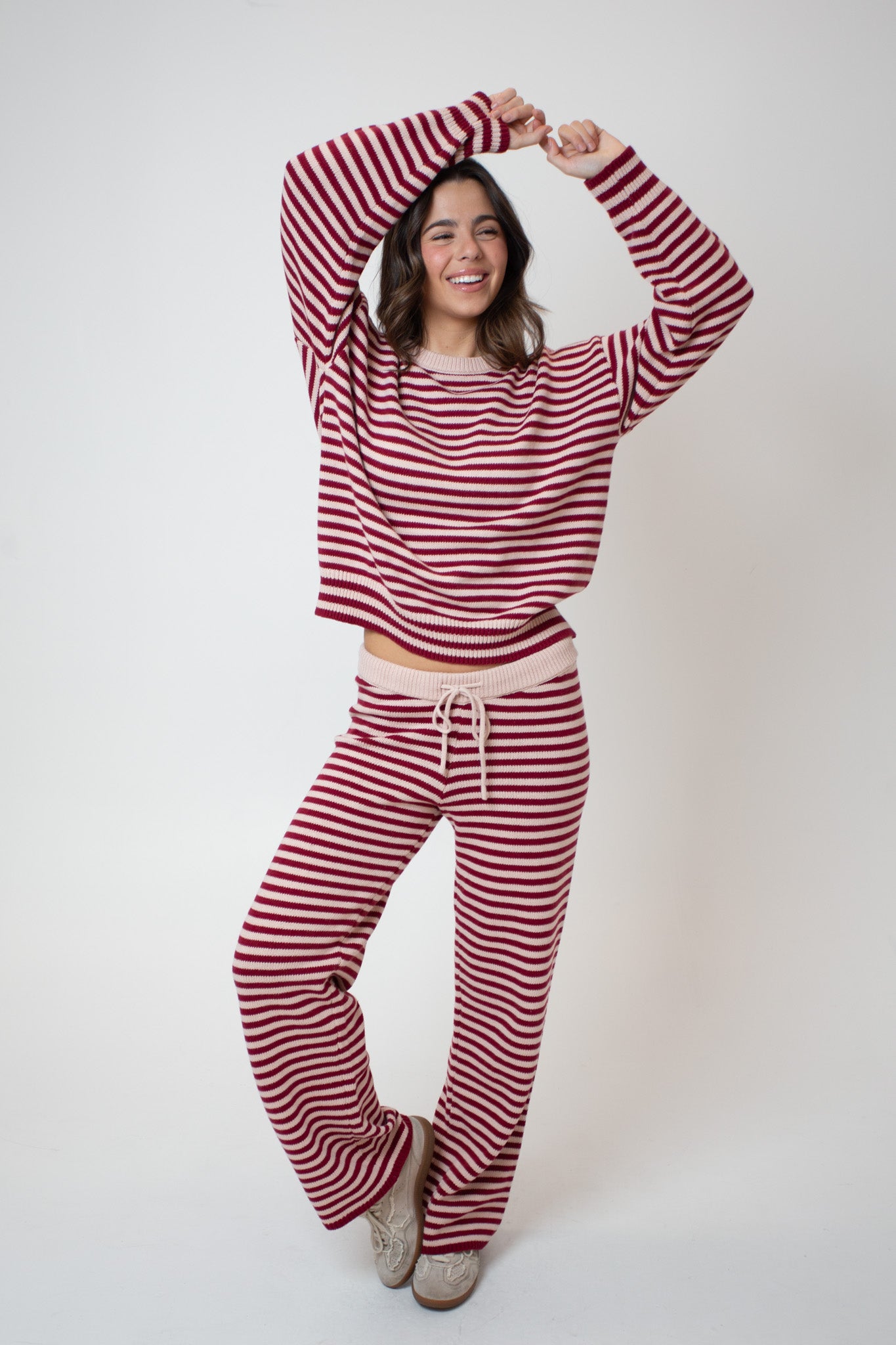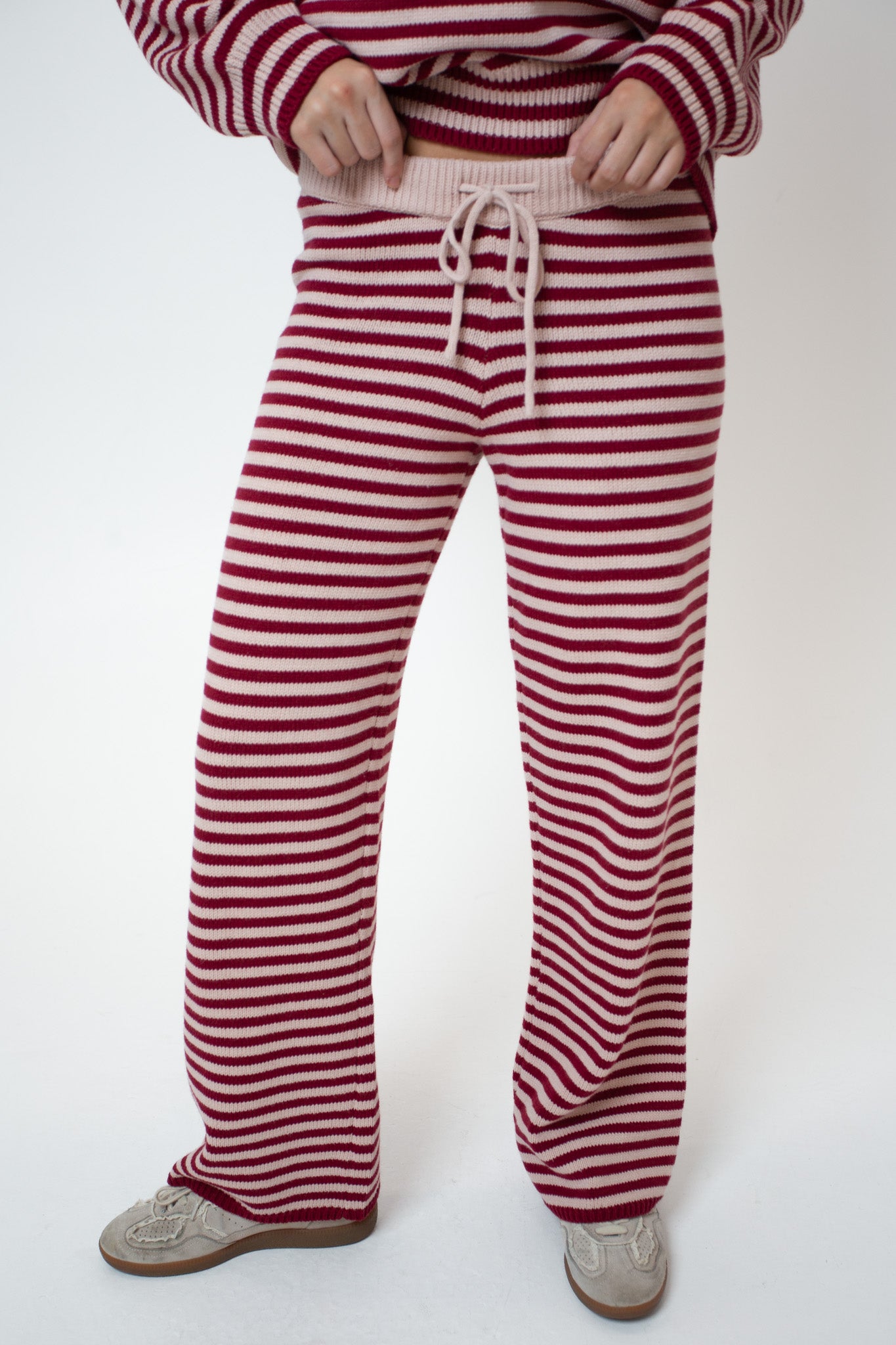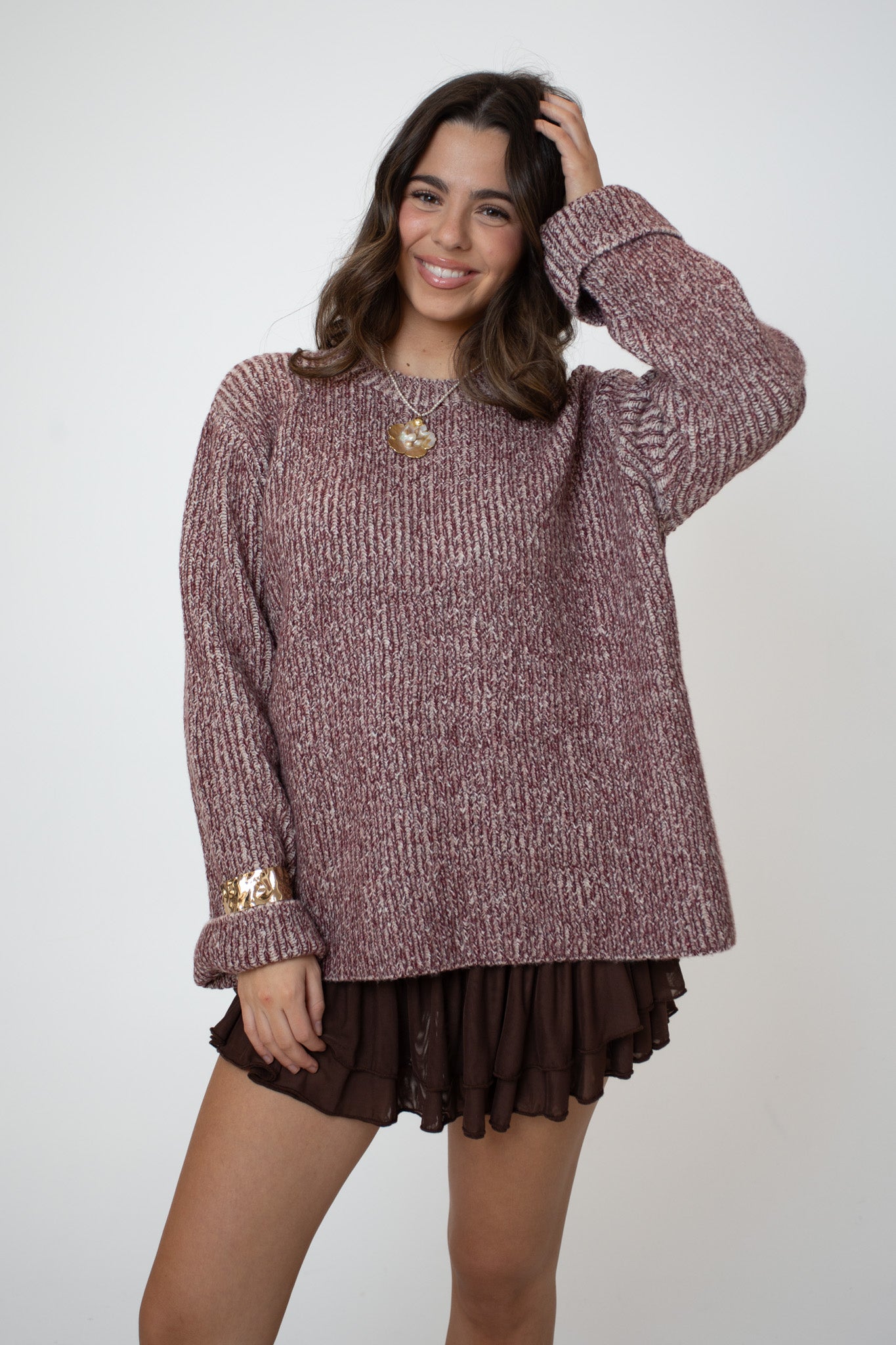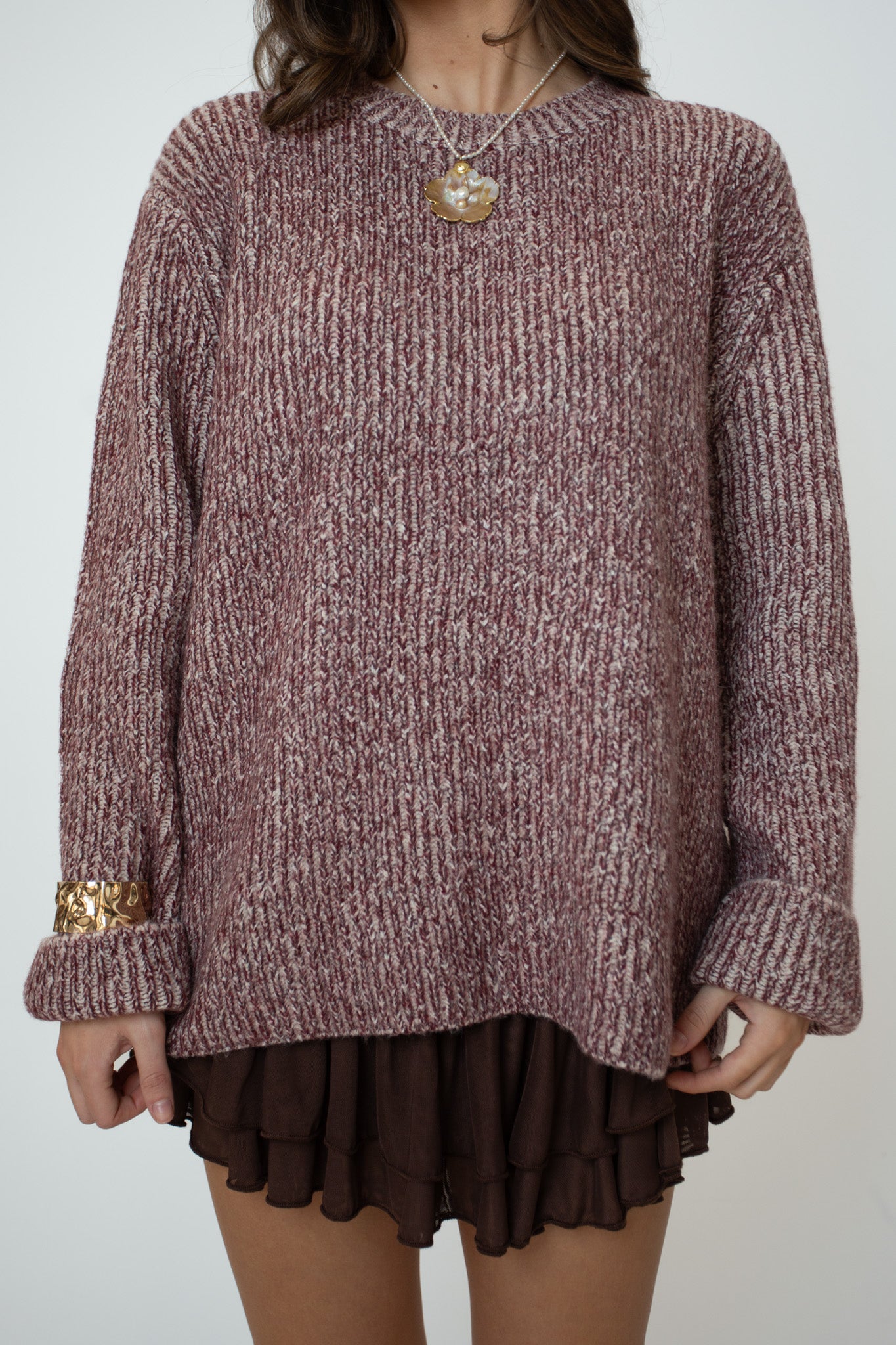
Krista's Mental Health Interview
By Krista iele
Who are you?
I’m Krista Iele, and I am 24 years old from Long Island. I’m passionate about spreading positivity and mental health awareness. I am someone who values kindness, empathy, emotional growth, and adventure. I’ve been working at Grey Bandit for a few years, and I’m so grateful to be surrounded by such an amazing, kind, and genuine team.
Do you have a diagnosis? If so, what?
I have not been officially diagnosed, but I have struggled with anxiety since I was young. I also struggled with depression for a few years when I was younger, but was able to fight through it and haven’t been affected by it much since then.
What does mental health mean to you?
Mental health is deeply important to me. Over time, I’ve learned how essential it is to regularly check in with myself when I start to feel anxious. When that happens, I pause and ask, “How am I doing really, and what do I need right now to feel better?” It's a simple question my therapist suggested I try, and it helps me reconnect with myself in moments that feel overwhelming. To me, mental health means knowledge, patience, understanding, and grace. Living with anxiety has challenged me to confront the negative thoughts I often have about myself and to approach those moments with compassion rather than judgment. Mental health is not just about managing struggles; it’s about building awareness, learning tools to cope and grow, and recognizing that emotional well-being is just as important as physical health. It’s a lifelong journey of self-awareness and growth, and I’m proud of the steps I’ve taken to better understand myself and support others along the way.
When did your journey begin?
My journey began at a very young age. As the youngest sibling, I naturally became the quiet observer, the one who avoided conflict, kept the peace, and often hid how I felt. I learned early on to suppress my emotions, to stay small and unnoticed, thinking that was the safest way to exist. Over time, this shaped me into someone gentle and empathetic, but also someone who became fearful of making mistakes or upsetting others. I began carrying heavy feelings of guilt, even when I hadn’t done anything wrong, and pleased others before myself. I didn’t realize then that these patterns were tied to the anxiety I struggle with today. I’ve had experiences throughout my life that left me feeling insecure, replaceable, and not good enough. Even now, those past versions of me still show up, and I find myself triggered and anxious more often than I’d like. But through therapy, I’m learning to recognize where those feelings come from and working to heal the parts of me that still carry that pain. I’m slowly unpacking my fears, learning to understand where they come from, becoming more self-aware, practicing self-compassion, and growing into someone who is not only healing but also learning to become stronger, more grounded, and more connected to who I truly am. I also deeply struggle with sleep. Since
college, when trying to sleep, I would start to worry that my anxiety would keep me up, and my anxiety about that made me spiral, overthink negative and worst-case scenarios about anything and everything, and keep me from falling asleep for hours on end. Once I do fall asleep, I tend to have vivid nightmares multiple times a week, waking up sweating and scared, and I can’t seem to shake them. I still struggle with this most nights and haven’t found anything to help yet.
What has helped and what hasn’t, during your mental health journey? Has helped: talking to my loved ones and being brutally honest about how I feel. Daily check ins with myself when I'm anxious and asking “what do I need right now” and “how can I give that to myself in this moment”. Taking moments to myself (such as going to the bathroom to breathe) when I feel anxious. Texting a friend to distract my mind. Sitting by the ocean. Challenging my negative thoughts and trying to think of a more positive perspective when feeling anxious. Talking to my therapist. Writing down my feelings to process them more deeply. When I feel anxious, I look inward at where this anxiety could be rooted from, such as my past insecurities or experiences, and think, “What do I need right now? How can I make myself feel better in this moment?”
Hasn't helped: keeping my thoughts and feelings inside out of fear to be
judged/rejected/abandoned. After thinking a negative thought or perspective, rolling with it, and making it snowball in my mind, and even creating fake outcomes for it. Blaming others for what I'm feeling instead of looking inward at where this anxiety could be rooted. Thinking I'm too exhausting to love or hard to love or understand because I struggle with anxiety.
What is the hardest part about having a mental health struggle?
The hardest part about having anxiety is feeling out of control and disconnected from my thoughts and feelings. It's hard that there is no quick fix, and it is exhausting knowing it is something I have to work on every day. I often spiral into negative thoughts and overthink. I can’t seem to control when my triggers occur, and sometimes my endless thoughts make me feel crazy. It can be incredibly frustrating when my body fills with anxiety in situations that trigger old insecurities, even when my mind is trying so hard to stay calm and feel 'normal.' It's a constant battle between what I know logically and what I feel emotionally. Also, the guilt, knowing that my struggles can affect the people I love. I often worry that it's exhausting to support me, especially during my anxious moments.
When did you become a mental health ally?
I became a mental health ally at a young age after watching my sister struggle with her mental health. Growing up beside her made me more aware, empathetic, and sensitive to the reality of living with mental illness. It opened my eyes to how important it is to show up with compassion, patience, and support, even when you don’t fully understand what someone is going through. As I got older, I began struggling with anxiety myself, which gave me a deeper, more personal
connection to the experiences I’d witnessed in others. It wasn’t just about supporting my sister anymore; it became about learning, understanding, and lending a hand to not only myself but to those who face mental health challenges that are too often misunderstood or dismissed.
What are some stigmas you have faced?
I haven’t faced too many stigmas because I tend to hide my anxiety well and don’t open up to many people. I hear sometimes common phrases from people in my life dismissing anxiety in general or my anxiety, saying things like “you’re fine, you’re just freaking out, anxiety isn’t real, just get over it” which have been hurtful. Since those thoughts and comments stick in my head, I often feel the pressure to appear 'fine' on the outside even when I’m struggling internally. It can feel like there’s no space to be vulnerable without fear of being misunderstood, judged, or seen as weak and needing pity.
What advice would you give your younger self?
I would say to stop obsessing and stressing over things you can't control, learn to have a check in and see what you can accept, and the rest, try to let go of. I would tell my younger self that she deserves the kindness, love, and understanding she gives to others. I would tell her she has a kind heart and that it's her superpower. I would remind her that she has gentle strength and can do hard things. It's okay to make decisions for yourself even if it disappoints others, as long as you’re being your authentic self. Lastly, I would say not to be so hard on yourself and criticize yourself so much, because if I worked on that, it would be easier for you to feel happy.
What are you grateful for?
I’m grateful for the support I have, from my therapist to my partner, family, and a few close friends who constantly show up for me. I’m thankful to even have a support system, knowing that many don’t. I am grateful for my therapist, who provides me with a safe place to share everything I'm going through, teaches me the roots of my anxieties, and tools to help me grow. I am grateful for my family, my boyfriend, and my few close friends, who always try to support me and make me feel loved and more reassured. I hope this helps you get to know me a little better and maybe even feel less alone. I’m grateful to work with such an amazing company full of genuine, beautiful people. I'm excited to keep exploring self-awareness and personal growth with the Ride the Wave community by my side.
What does mental health mean to you?
Mental health is deeply important to me. Over time, I’ve learned how essential it is to regularly check in with myself when I start to feel anxious. When that happens, I pause and ask, “How am I doing really, and what do I need right now to feel better?” It's a simple question my therapist suggested I try, and it helps me reconnect with myself in moments that feel overwhelming. To me, mental health means knowledge, patience, understanding, and grace. Living with anxiety has challenged me to confront the negative thoughts I often have about myself and to approach those moments with compassion rather than judgment. Mental health is not just about managing struggles; it’s about building awareness, learning tools to cope and grow, and recognizing that emotional well-being is just as important as physical health. It’s a lifelong journey of self-awareness and growth, and I’m proud of the steps I’ve taken to better understand myself and support others along the way.
What has helped/ what hasn’t, during your mental health journey?
Has helped: talking to my loved ones and being brutally honest about how I feel. Daily check-ins with myself when I'm anxious and asking “what do I need right now” and “how can I give that to myself in this moment”. Taking moments to myself (such as going to the bathroom to breathe) when I feel anxious. Texting a friend to distract my mind. Sitting by the ocean. Challenging my negative thoughts and trying to think of a more positive perspective when feeling anxious. Talking to my therapist. Writing down my feelings to process them more deeply. When I feel anxious, I look inward at where this anxiety could be rooted from, such as my past insecurities or experiences, and think, “What do I need right now? How can I make myself feel better in this moment?”
Hasn't helped: keeping my thoughts/feelings inside out of fear to be judged/rejected/abandoned. After thinking a negative thought or perspective, rolling with it, and making it snowball in my mind, and even creating fake outcomes for it. Blaming others for what I'm feeling instead of looking inward at where this anxiety could be rooted. Thinking I'm too exhausting to love or hard to love or understand because I struggle with anxiety.
What advice would you give your younger self?
I would say to stop obsessing and stressing over things you can't control, learn to have a check in and see what you can accept, and the rest, try to let go of. I would tell my younger self that she deserves the kindness, love, and understanding she gives to others. I would tell her she has a kind heart and that it's her superpower. I would remind her that she has gentle strength and can do hard things. It's okay to make decisions for yourself even if it disappoints others, as long as you’re being your authentic self. Lastly, I would say not to be so hard on yourself and criticize yourself so much, because if I worked on that, it would be easier for you to feel happy. I would tell her life is too short, do what makes you happy, say what you're feeling, take chances
